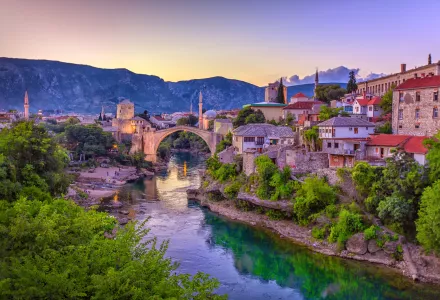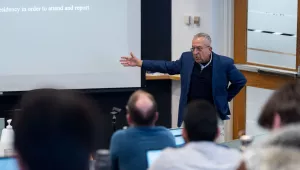
Abstract
To what extent can prosocial norms (re-)emerge among rival groups following intense intergroup conflict? One school of thought posits that violence can strengthen intragroup bonding norms, entrenching parochialism and sustaining in-group biases. However, recent studies suggest that intergroup bridging norms can also improve once conflict ends. Our research offers insights into how prosocial bridging vs. parochial bonding norms evolve after violence. To measure dynamics of social norms, we employ surveys and dictator game experiments with ethnic treatments which we administered in Bosnia in 2003 and replicated in 2013 using well-balanced samples of ethnic Bosniaks, Croats, and Serbs in a difference-in-difference research design. We find that prosocial bridging norms improve over time. However, we also observe persistent parochial biases in terms of how in-groups are perceived and treated relative to out-groups. Regression analysis shows that intergroup bridging norms are more salient among individuals who reside in ethnically intermixed, institutionally integrated regions of Bosnia, including those who experienced traumatic forms of wartime victimization. Covariate matching on internal displacement and victimization reduces concerns that our results are driven by selection effects. Our findings lend support to the view that integration and intergroup contact among former rivals increases prosociality while partition and social segregation encourage parochialism
Continue reading (log in may be required): http://jpr.sagepub.com/content/53/5/648
Mironova, Vera and Sam Whitt. “The Evolution of Prosociality and Parochialism after Violence.” Journal of Peace Research, September 2016





